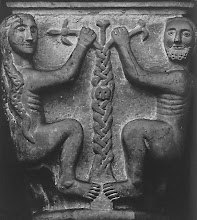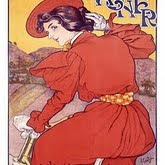"I Wonder as I Wander"
Appalachian Carol (collected by John Jacob Niles)
I wonder as I wander out under the sky,
How Jesus, our Savior, did come for to die
For poor ornery people like you and like I:
I wonder as I wander out under the sky.
When Mary birthed Jesus, ‘twas in a cow’s stall,
With wise-men and farmers and shepherds and all.
But high in God’s heaven’s a star’s light did fall
And the promise of ages it then did recall.
If Jesus had wanted for any wee thing:
A star in the sky, or a bird on the wing;
Or all of God’s angels in heav’n for to sing,
He surely could have had it, for he was the King.
I wonder as I wander out under the sky,
How Jesus, our Savior, did come for to die
For poor ornery people like you and like I:
I wonder as I wander out under the sky.






















